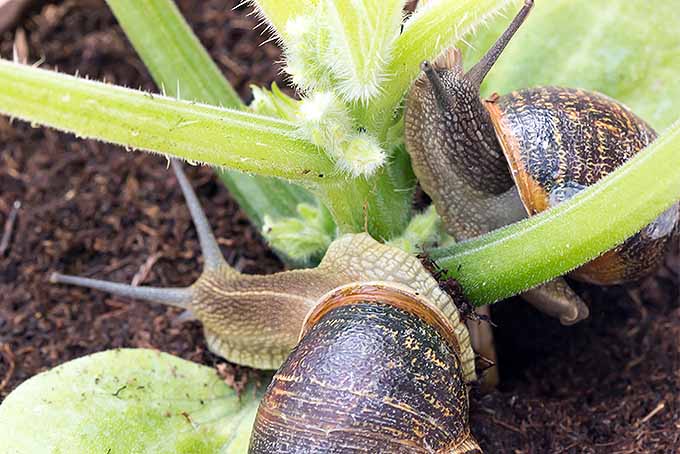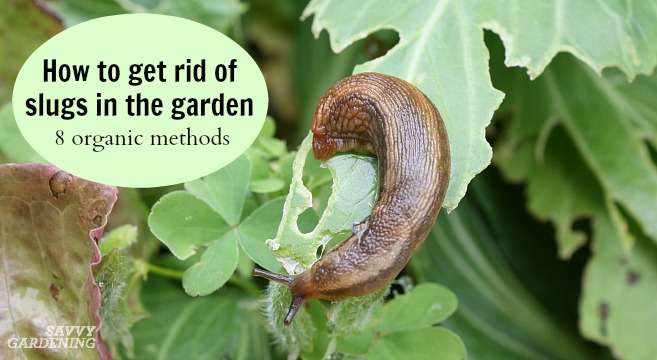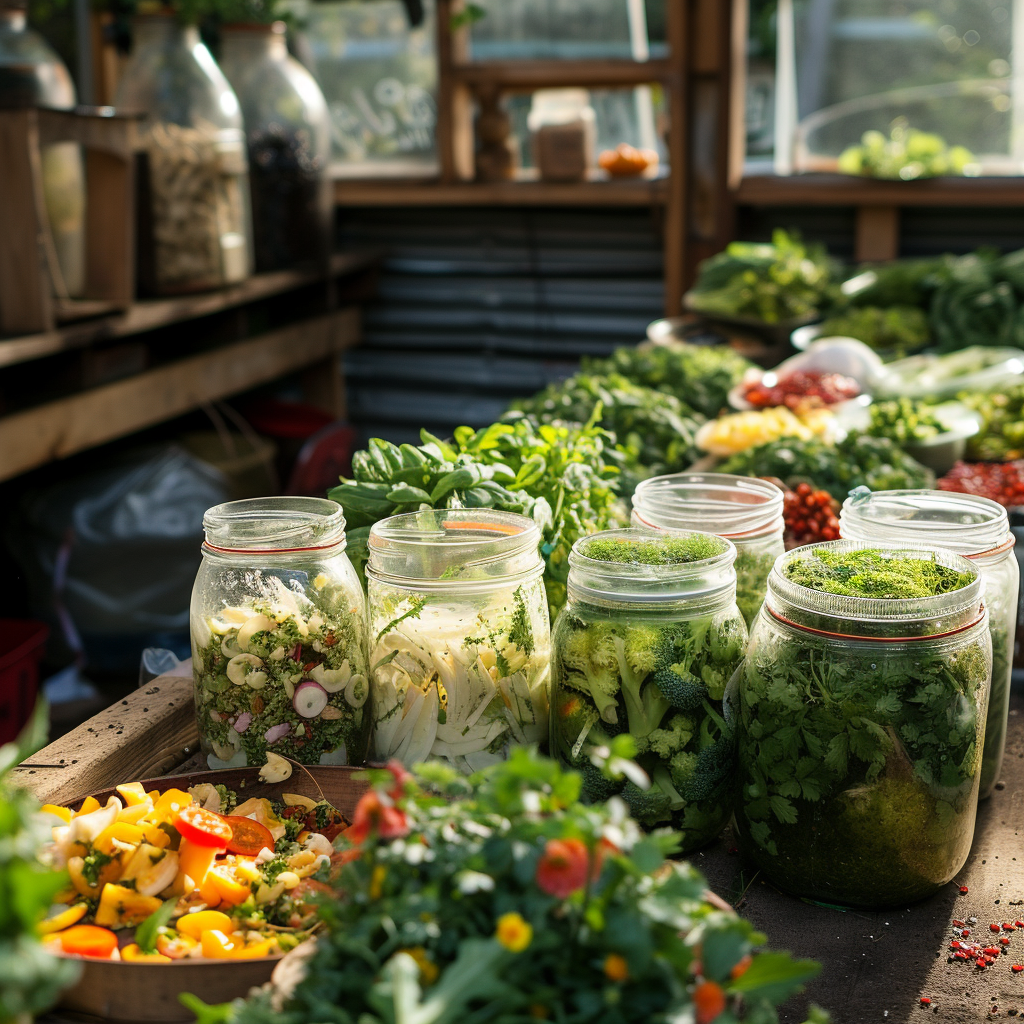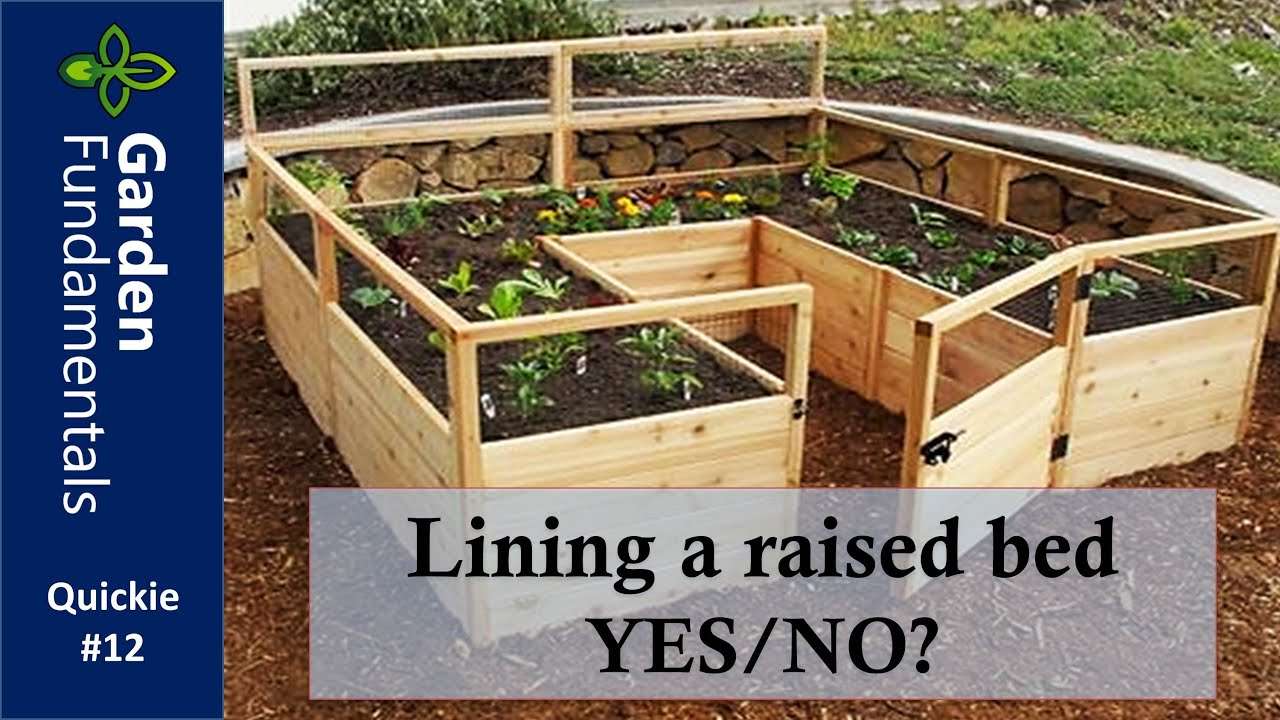Slugs and snails may seem harmless, but they can wreak havoc on your beloved garden in no time. Thankfully, there are plenty of effective methods to control these pesky creatures. From using garlic spray and slug pellets to deploying nematodes and even employing the help of ducks, you have numerous options at your disposal. Copper strips and electric shock can repel these critters, while coffee grounds and diatomaceous earth might not be as effective. Additionally, physical barriers like copper tape and crushed eggshells can deter slugs and snails from feasting on your vulnerable plants. If you prefer a more hands-on approach, handpicking, beer traps, and the presence of natural predators such as frogs can also help keep their population in check. However, it’s crucial to have a backup plan and consider timing when dealing with these pests. Remember, though, that some methods like salt can harm your plants, so caution is necessary.
Garlic Spray
One effective method to control slugs and snails in your garden is by using garlic spray. Slugs and snails are repelled by the strong smell of garlic, so spraying a garlic solution on your plants can help deter them. To make garlic spray, simply crush a few cloves of garlic and steep them in hot water for about 24 hours. Strain the mixture and transfer it to a spray bottle. Then, spray the garlic solution on susceptible plants, paying attention to the leaves and stems where slugs and snails tend to feed. Reapply the spray every week or after rainfall to ensure its effectiveness.
Slug Pellets
Another popular option for getting rid of slugs and snails is by using slug pellets. These pellets contain a chemical compound that is toxic to slugs and snails when ingested. To use slug pellets, scatter them around your garden, particularly near plants that are prone to slug and snail damage. Make sure to follow the instructions on the product packaging and avoid placing the pellets in areas where pets or children may come into contact with them. Keep in mind that slug pellets can also be harmful to beneficial insects, so use them sparingly and with caution.
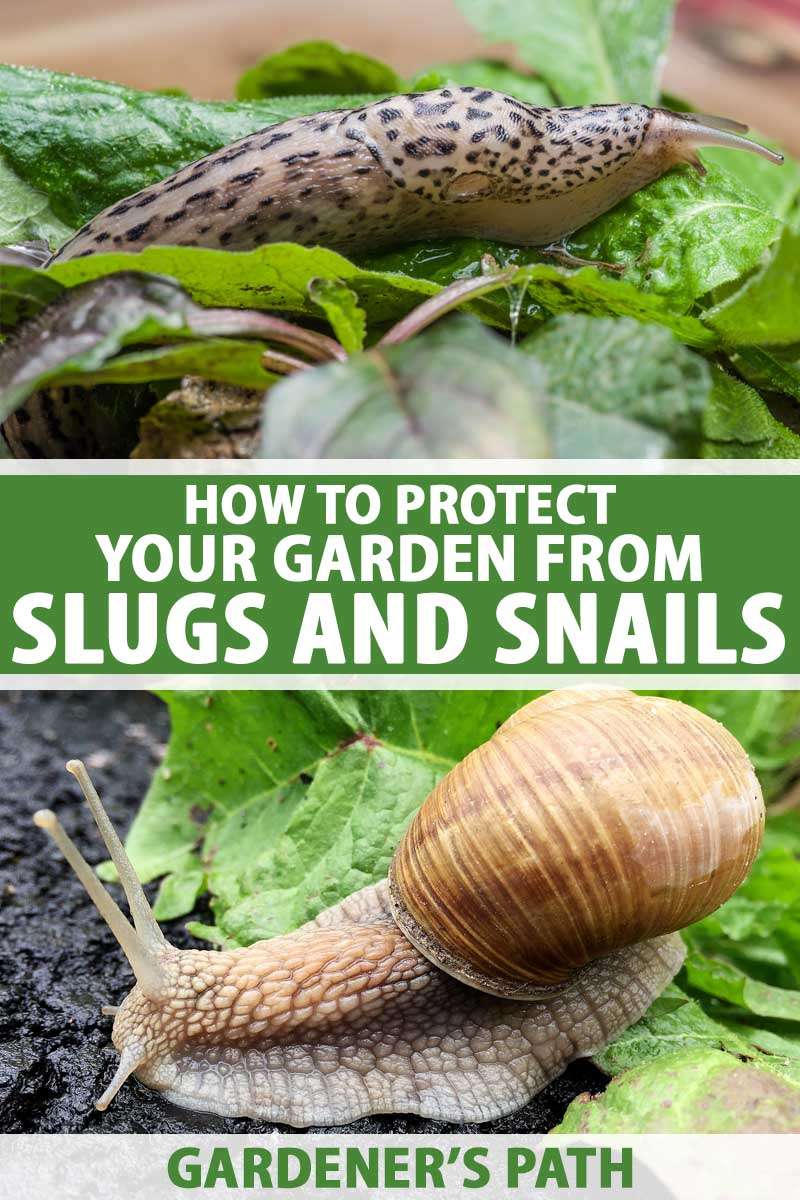
Nematodes
Nematodes are microscopic worms that can effectively control slugs and snails. These beneficial organisms invade and infect slugs and snails, causing them to stop feeding and eventually die. Nematodes are a natural and environmentally friendly solution to slug and snail infestations. To use nematodes, purchase a commercial nematode product that is specifically designed for controlling slugs and snails. Follow the instructions on the packaging to apply the nematodes to your garden soil. Keep in mind that nematodes are living organisms and should be stored properly and used before their expiration date for optimal effectiveness.
Ducks
Ducks are not only charming additions to your garden, but they can also help control slugs and snails. Ducks are natural predators of these garden pests and can help keep their population in check. If you have enough space and a suitable environment, consider introducing a few ducks to your garden. They will happily roam around, eating slugs and snails as part of their natural diet. However, it’s important to ensure that your garden is duck-friendly and that you provide them with a safe place to rest and access to fresh water. Additionally, be mindful of any plants that ducks may find tempting and take precautions to protect them.
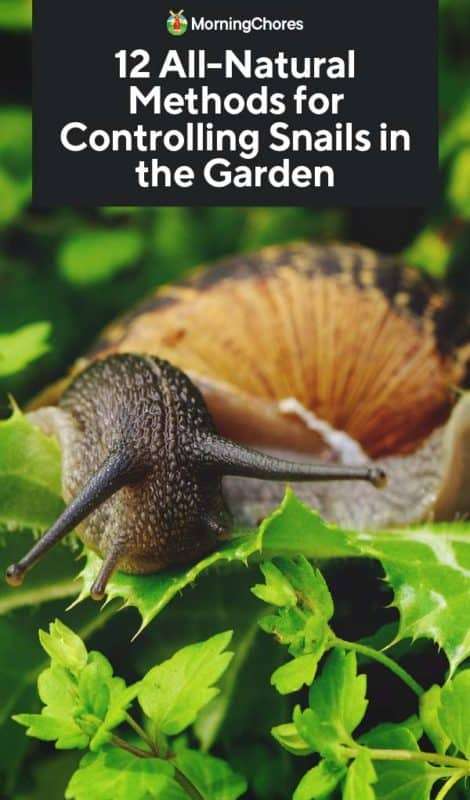
Copper Strips
Copper strips are another method to repel slugs and snails. These strips create a barrier that slugs and snails are reluctant to cross due to a reaction with their mucus membranes. You can place copper strips around vulnerable plants or create a perimeter around your garden to deter these pests. Copper tape is also available and can be easily applied to plant pots and raised beds. It’s important to keep the copper strips or tape clean and free from debris to maintain their effectiveness. Regularly check for any gaps or areas where slugs and snails may still find their way in and take appropriate action.
Electric Shock
For a more unique approach, electric shock can be employed to deter slugs and snails. Electric slug and snail fences can be set up around vulnerable plants or areas of your garden. These fences emit a small electric shock when the pests come into contact with them. The electric shock is harmless to humans and pets, but it effectively deters slugs and snails. However, it’s important to remember that designing and installing an electric fence requires careful planning and precautions. Ensure that the fence is properly set up and follow any safety guidelines provided by the manufacturer.
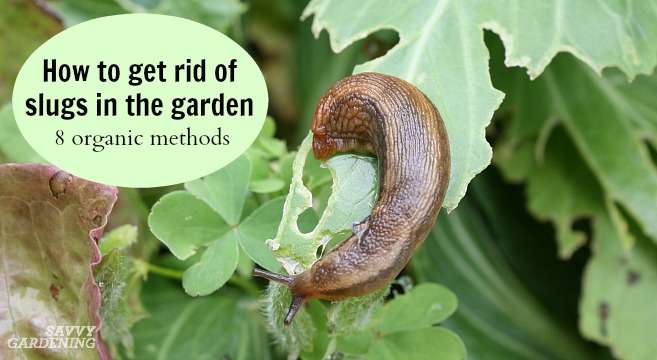
Coffee Grounds
Using coffee grounds as a method to control slugs and snails is a popular trend, but its effectiveness may vary. Some gardeners claim that the caffeine in coffee grounds acts as a deterrent to these pests. However, the evidence supporting this claim is limited, and it may not be as effective as other methods. If you decide to use coffee grounds, simply sprinkle them around your plants or create a coffee ground barrier. Keep in mind that coffee grounds can affect soil acidity over time, so it’s best to use them sparingly and monitor the pH levels of your soil.
Diatomaceous Earth
Diatomaceous earth is a natural powder made from fossilized algae. When slugs and snails come into contact with diatomaceous earth, it damages their exoskeletons, leading to dehydration and eventually death. To use diatomaceous earth, apply a light dusting around the base of plants or areas where slugs and snails are present. Be careful not to inhale the powder as it can be irritating to the respiratory system. Keep in mind that diatomaceous earth may also affect beneficial insects, so use it sparingly and selectively in your garden.
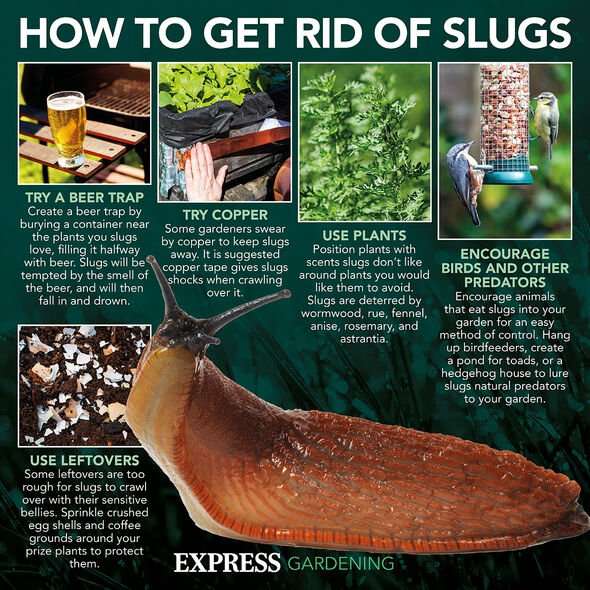
Physical Barriers
Physical barriers can be an effective way to keep slugs and snails away from your plants. Copper tape, crushed eggshells, or even sharp gravel can create barriers that slugs and snails find difficult to cross. Place these barriers around the base of susceptible plants or create a perimeter around your garden. Make sure the barriers are intact and without any gaps. Regularly inspect and maintain the barriers, especially after rainfall or strong winds, as they can become less effective if damaged or displaced.
Harmful Methods to Avoid
While it’s crucial to control slugs and snails in your garden, some methods should be avoided due to their harmful effects on the environment or plants themselves. Using salt, for example, may effectively kill slugs and snails, but it can also harm your plants and disrupt the balance of your soil. Avoid using salt as a method of control unless it’s targeted solely on hardscape areas where plants are not present. Similarly, chemical pesticides should be used with caution as they can harm beneficial insects and pollinators. Opt for natural and environmentally friendly methods whenever possible and prioritize the overall health of your garden ecosystem.
